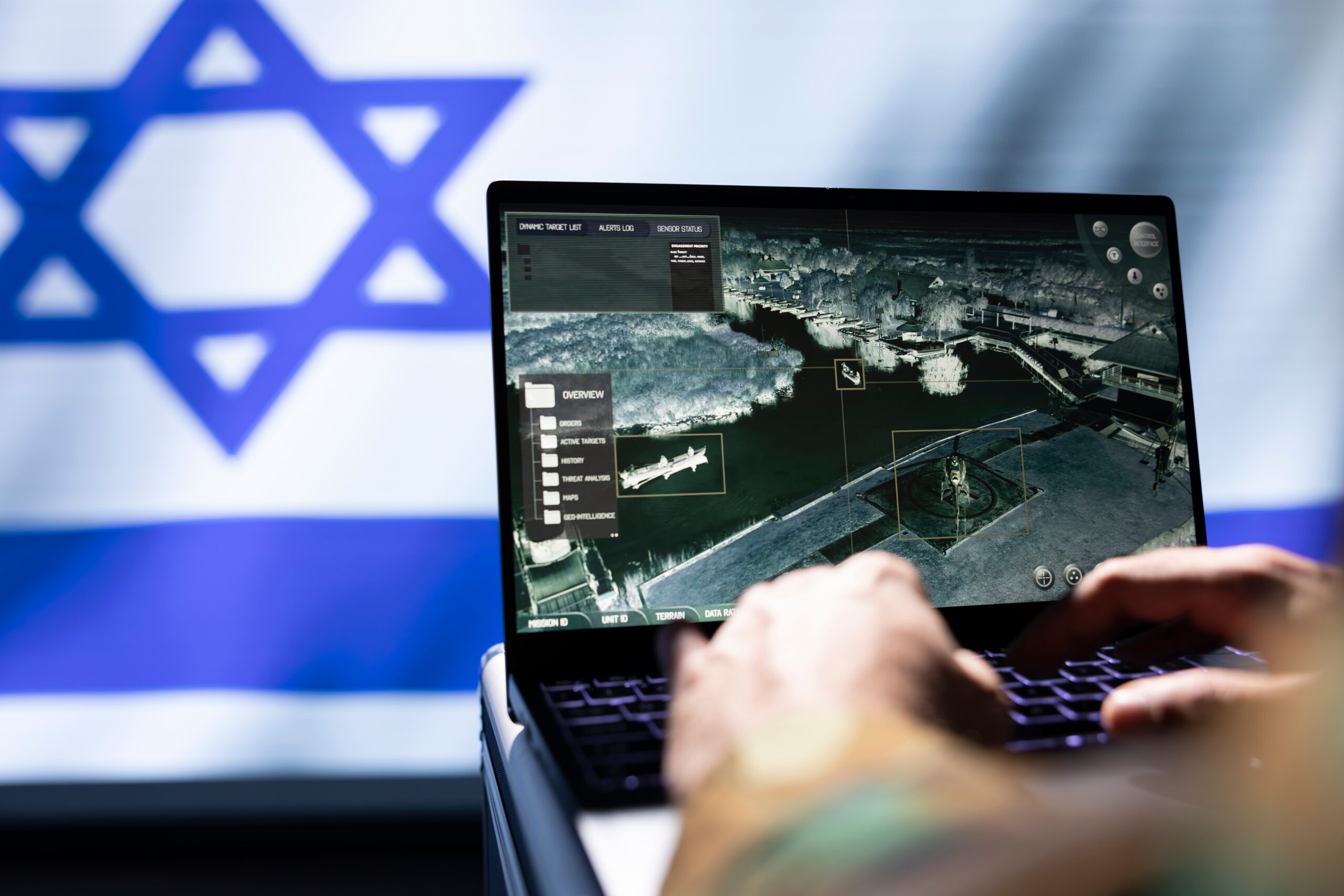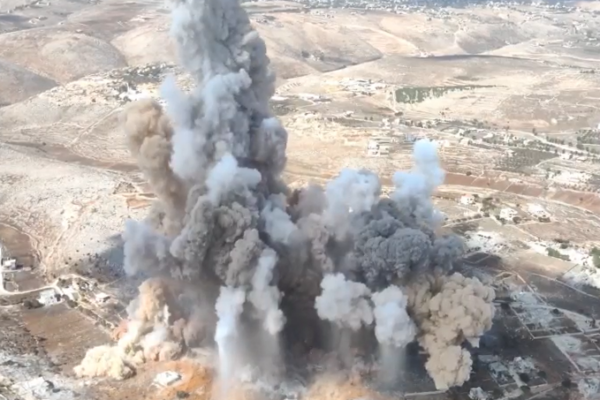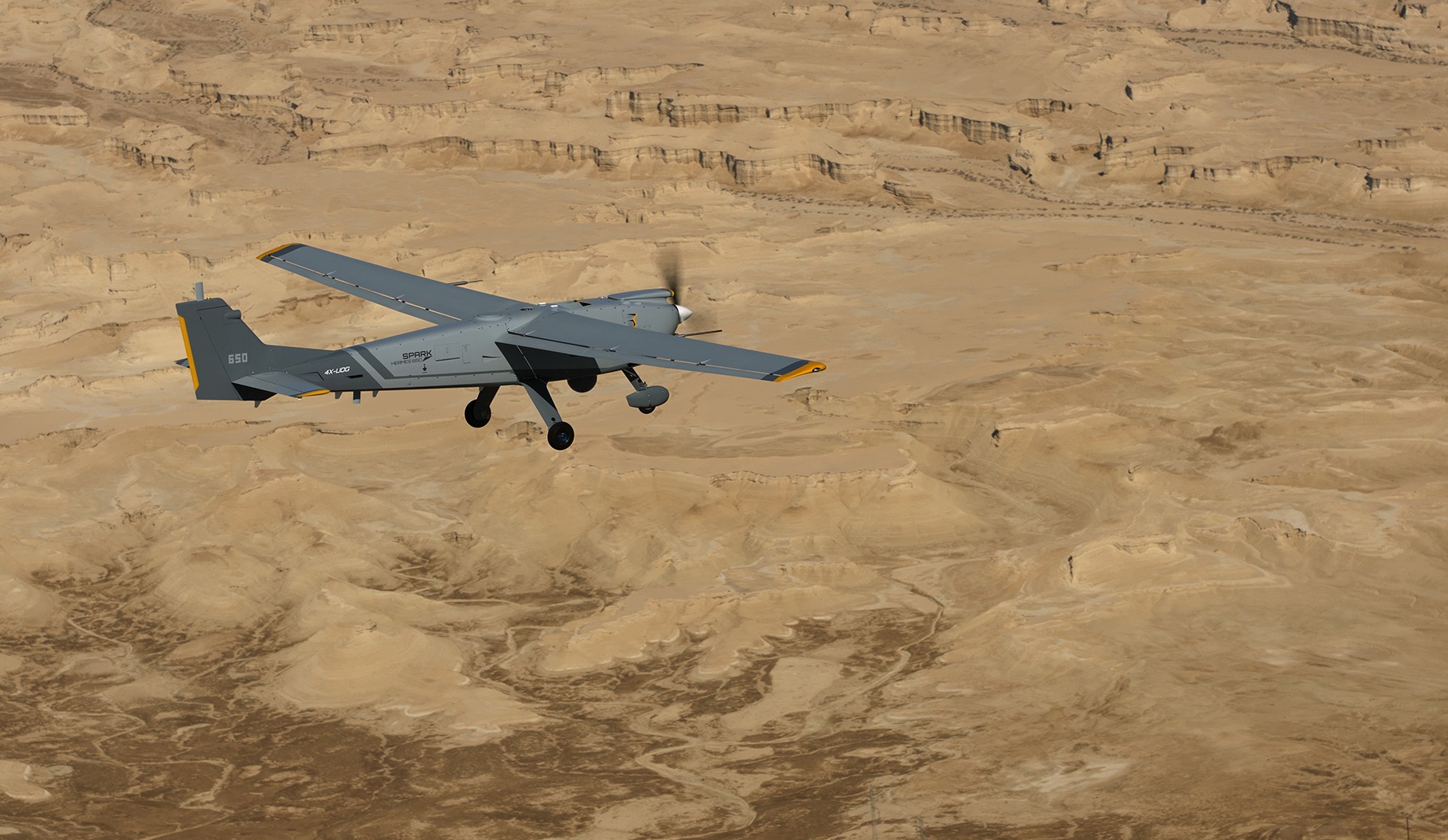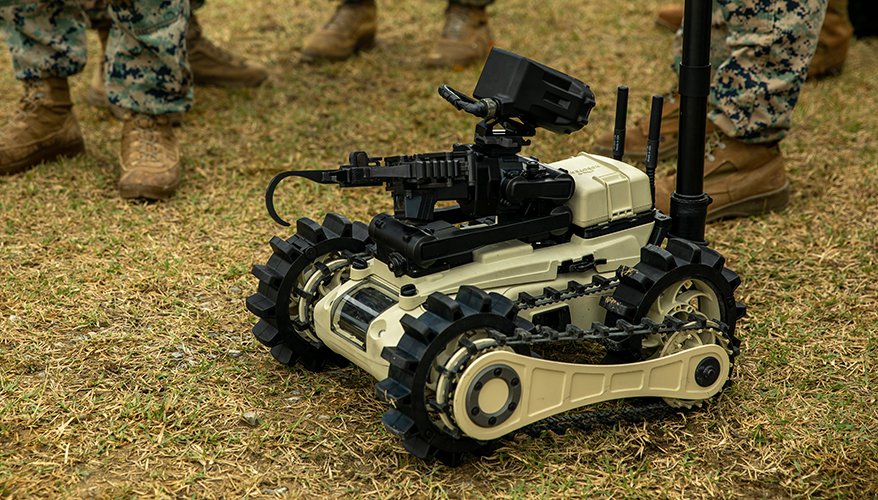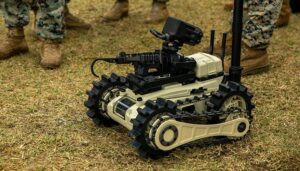While the intelligence was known to top officials, prevailing conceptions within the security establishment led to its dismissal.
By Hezy Laing
Just before October 7, 2023, Israeli intelligence systems, including advanced artificial intelligence platforms, flagged unusual Hamas activity and even outlined plans for mass kidnappings and raids.
Despite these warnings, senior officials dismissed the alerts, leading to one of the gravest intelligence failures in Israel’s history.
In the days and hours before October 7, when Hamas launched its devastating assault on southern Israel, artificial intelligence systems and human analysts within the Israel Defense Forces and Shin Bet identified multiple warning signs.
According to investigations published in several Israeli media outlets, no less than five indicators were flagged on the night of October 6.
These included unusual communications, training exercises, and movements along the Gaza border.
At 4 a.m., former IDF Chief of Staff Herzi Halevi spoke with Southern Command officers and Shin Bet officials, acknowledging the anomalies but concluding that no attack was imminent.
Reports later revealed that the Gaza Division had compiled a detailed document weeks earlier, outlining Hamas’s intention to raid Israeli communities and kidnap as many as 250 people.
This intelligence was known to top officials, yet prevailing conceptions within the security establishment led to its dismissal.
Analysts believed Hamas was deterred and focused on internal governance, a bias that blinded them to the scale of preparation underway.
The reliance on technological superiority, including AI‑driven surveillance, contributed paradoxically to the failure.
The Combating Terrorism Center at West Point noted that cognitive biases and overconfidence in Israel’s monitoring systems caused decision‑makers to underestimate Hamas’s intent.
The Saar 6 naval fleet and other IDF units were placed on routine readiness, but no extraordinary measures were taken.
When the attack began, the intelligence community was caught off guard, despite the fact that AI systems had highlighted anomalies in advance.
The tragedy underscores how artificial intelligence, while powerful, is only as effective as the human judgment that interprets it.
In this case, the warnings were ignored due to entrenched assumptions, leading to catastrophic consequences on October 7.


